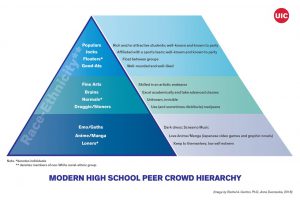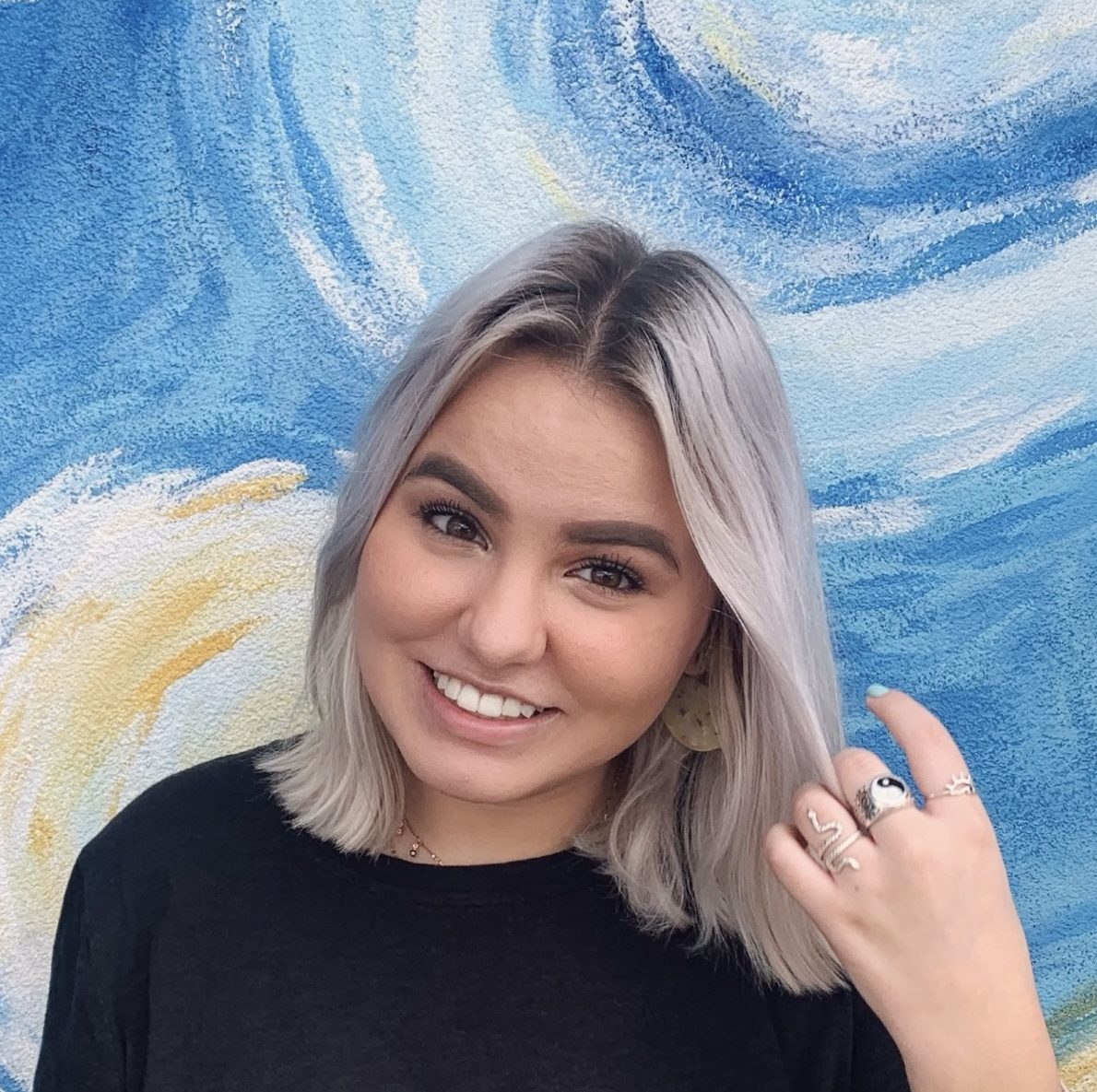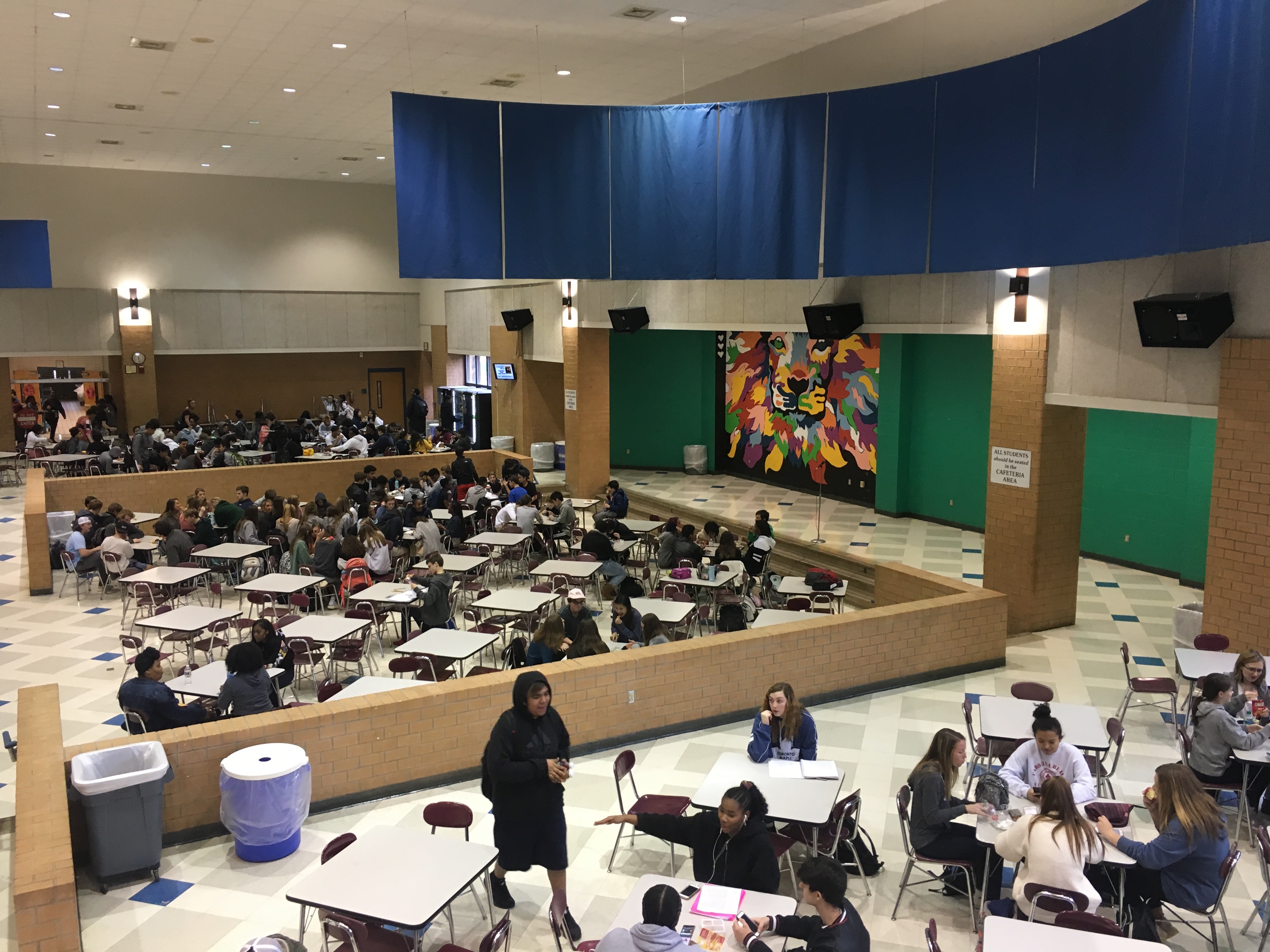The word stereotype is defined as a widely held and fixed image of a particular type of person or thing. Everyday, we meet people and without even speaking to them, we assort them into a category based on our own judgement. We don’t have to know someone in order to stereotype them; it’s our natural instinct to assume people’s characteristics.
People tend to associate themselves with those who fall under the same stereotype. It’s easier to be friends with someone when they are similar to you. This creates groups of people othered from the rest of the human race.
These stereotypical groups are very common in high school: there are the populars, the jocks, the loners, the emos, and so many more. This grouping separates people from each other because they will refuse to mix with others.
A research study that Big Think—a weekly news website—did on college students determined the average high school friend groups. They identified 12 major groups that monopolize most of today’s high school population. These stereotypical groups can be found no matter what high school you go to.

The halls of Leesville Road High School contain many clearly defined cliques. Students are closed off from new opportunities and learning experiences-things that could be received through interaction apart from their usual peers. Would students still stick to their groups if they knew they were missing out on pivotal opportunities?
The goal of this study was to determine how the students of LRHS view stereotypes and how they affect them in their day to day lives. The focus was on the students opinions as opposed to how the school is divided.
Many things can lead people to categorize someone in a particular group. Zane Naftolin, a freshman at Leesville, believes that people often stereotype others based on “the way they act, their personality, [and] how they dress.” These simple things create an impression of you in the minds of every person’s path you cross; every decision you make and every action you take has the ability to make an impact on your image.
Depending on the person, stereotypes can play a big part in choosing your friends. Naftolin believes that if you feel like you’re in a certain group, “you wouldn’t want to talk to anyone else in any other group because you feel like you belong in that group with those people.”Others have a more analytical take on how stereotypes affect them.
Riley Russell, a sophomore at Leesville, believes that “people stereotype, but the stereotypes aren’t always true.” When it comes to deciding who to be friends with, she always keeps in mind that “everyone judges everyone, but that’s probably not their real self.”
Judgement is an issue that all students encounter at some point. Brielle Rucker, a senior at Leesville, believes that “a lot of people judge [her] based on [her] friends.” Naftolin feels he has to “act cooler and do things that cool kids do” in order to fit in with his friend group. Every person has contrasting regards for their classmates, but not letting them affect you makes it easier to feel confident in your choices. Russell knows that “some people think [she’s] mean. Some people think [she’s] shy when [she’s] not talkative in class,” but she doesn’t let others’ opinions influence her.
As we grow older and learn more about the world around us, our perspectives change. “When we were young we [didn’t] really stereotype because we were all just kids so we don’t really think anything different, and now we do,” said Russell. “Like in kindergarten…you didn’t know what was going on, you were just there,” said Naftolin, “Now it’s kinda like a competition”.
Stereotypes make it effortless for you to decide what types of people you like. They allow you to have a sense of judgement and develop opinions on people. Could they possibly be beneficial in the long run?
“No, because everyone is equal; we are all human beings,” said Naftolin.
Rucker believes that as human beings, stereotypical divisions pull us away from others, “when we should all be united”.
Stereotypes make “someone something that they are not,” said Russell.
Although stereotypes make deciding our friends a simple task, the division of people may not help us ever become more equal as a society. What we can do to change this just starts with seeing through the stereotypes, and believing that there is more to someone than what meets the eye.
Stereotypes in high school will continue to exist as time goes on, but if we mix and mingle with everyone, they could begin to fade into a smaller hierarchy. If this doesn’t happen, the student population will become more and more divided.

Hi! My name is Lyric and I am a senior editor and the website editor for The Mycenaean. I am also Vice President of Quill and Scroll Society, Makeup Crew Head, and a member of National English Honor Society.

Leave a Reply